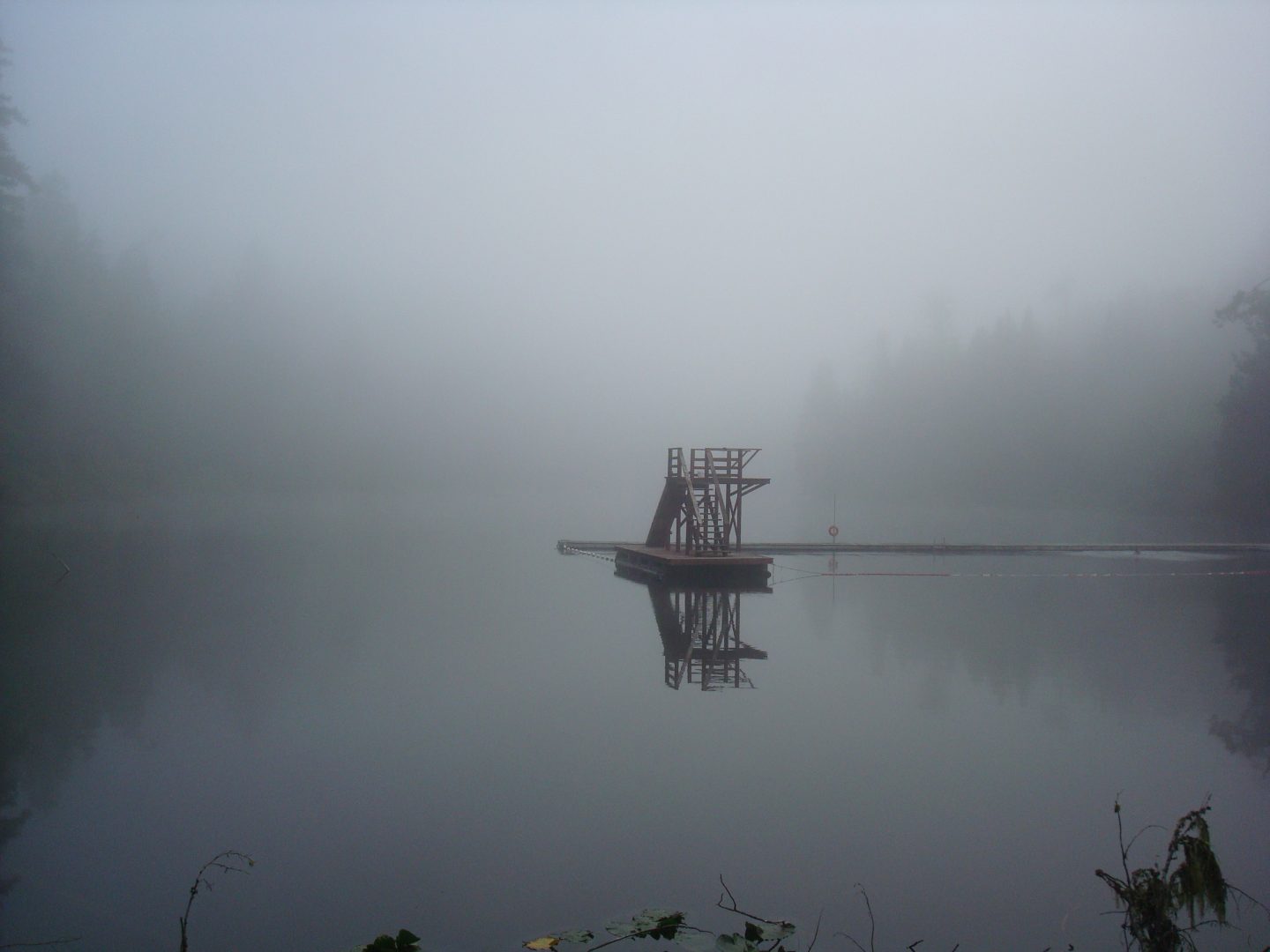“What do you want to be when you grow up?”
This is the innocuous question that is asked of me constantly during childhood by family friends, extended family, and other “adults”. The assumption is that I want to grow up and that I will prescribe to a career path that the questioner will recognize; will I be a lawyer, a doctor, a firefighter, or a teacher? Eventually, when someone assumes that I am “grown up”, the question might shift to “What is that that you do for a living?” But the intention stays the same. The classic education model is created as a factory to mass produce people into these pre-defined professions.
Interdisciplinary Studies runs against these assumptions. When someone asks me what I want to be when I grow up, my stock answer is “I don’t plan to grow up”. This is usually followed by questions about what I am doing right now: “Oh, you’re in university. What are you studying?” This is a question that usually expects a short answer. The uncle that I see once a year expects an answer like biology, or nursing, or engineering. This will give him something to talk about when he sees me next year. I usually do not let him, or the prying aunt, or my parent’s co-worker off that easy. Instead, I answer that I am taking a Bachelor of Interdisciplinary Studies, and I am studying the connections between summer camps and the creation of wilderness, and the implications of the creation of this wilderness on the connection or separation between people and nature. Most of the time the “adult” is baffled. They were expecting to have the opportunity to pass on some sort of judgment about my future career path. This leads them back to a variation on their original question. They ask “so what kind of job will that prepare you for?”
The truth of the matter is that I have no idea what my career path will look like. I don’t know where I am going. I don’t even know what I will be doing 5 months from now. But I do know that life will answer those questions in time, so there isn’t a whole lot of need for me to spend too much time worried about it right now. In the meantime, I want to know how summer camps influence the values that people prescribe onto wild spaces. And in the process, I want to decolonize outdoor education and adventure sports. Somehow I am certain that in answering the questions I have about that, I will make a living. And I am just as certain that it will be a much better life tomorrow than the one I would get if I boxed myself into one career path today. Especially if in the process I never have to grow up.

